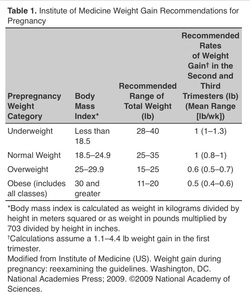- Tabacum – an herbal product used for nausea/vomiting in pregnancy. Unfortunately, this tobacco-based supplement contains nicotine and should definitely be avoided in pregnancy as it can cause harm to a baby’s brain and lungs.
- Melatonin – this supplement has actually garnered a lot of interest in pregnancy studies, and there are some ongoing studies to assess whether it may reduce risk of preeclampsia and growth restriction in pregnancy. However, at this time, safety data in pregnancy is relatively limited, and since Unisom with doxylamine has an extensive safety profile (and can help with nausea in pregnancy), doxylamine is would typically be advised rather than melatnonin until further safety testing can be done.
- Kombucha – often used as a source of probiotics, this fermented food can contain alcohol as a part of the fermentation process, so kombucha should be avoided as alcohol intake in pregnancy can be associated with birth defects and intellectual/behavioral disorders.
- CBD – although many people may be aware of the potential for marijuana and THC use in pregnancy to affect a baby’s brain development and increase the risk for a smaller or preterm baby, it may be less well-known that CBD use in pregnancy should also be avoided. In addition to potential for liver toxicity, there is also concern for negative effects on the developing male reproductive system.
- Astragalus – used to boost immunity, energy or even milk production postpartum, it can cause irregular heartbeat, dizziness and may be passed along to the fetus during pregnancy and lactation, so it should be avoided during and after pregnancy.
- Red raspberry leaf- taken as a tea to reduce labor pain, nausea and miscarriage while increasing milk production, it appears to be relatively safe, although it hasn’t been proven to be effective for treating any of the above claims.
- Nux vomica – this herbal treatment for nausea should undoubtedly be avoided in pregnancy as it contains strychnine, which can be harmful to both mom and baby. In fact, the primary use of strychnine today is as rat poison.
- Vitamin A – one of the trickier supplements in pregnancy. Very low levels can potentially be associated with growth restriction, hearing loss for baby, insulin resistance for the baby later in life, and some birth defects such as microcephaly or kidney defects. Too much is also bad – increased risk of miscarriage and heart/nervous system defects. A typical prenatal vitamin often helps walk the line between too much/too little, although supplementing with more than 5000 IU per day should be avoided during pregnancy, and intake should not exceed more than 25000 IU per week.
Dr. Nick

 RSS Feed
RSS Feed